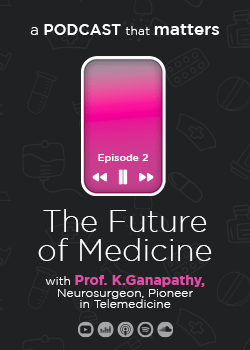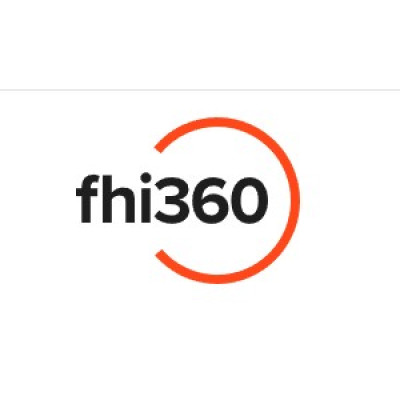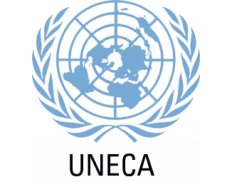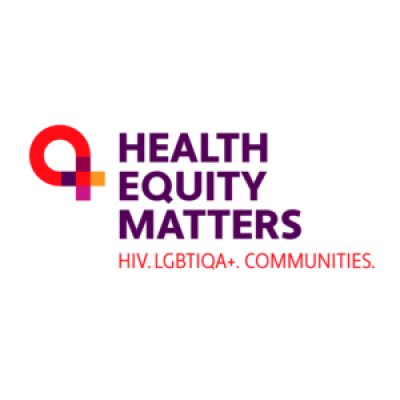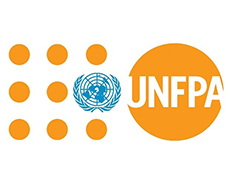Details
Description
Background
Ethiopia has made significant strides towards gender equality, drawing on both international and national commitments to uphold women’s rights. These commitments are enshrined in various frameworks, including the Convention on the Elimination of all forms of Discrimination Against Women (CEDAW), the Beijing Platform for Action, the Agenda 2030 and the Sustainable Development Goals, and the F.D.R.E Constitution. Notably, the Constitution recognizes women's rights and contains provisions for affirmative action in public, social, and economic life. By leveraging these frameworks, Ethiopia is well-positioned to advance gender equality, build on past achievements, overcome challenges, and respond to emerging concerns at both the national and global levels.
In Ethiopia, the House of Peoples’ Representatives (HoPR) is the highest legislative organ in the country. Beyond its legislative functions, the House has oversight and representative function. Its oversight role particularly enables it to control government bodies and take measures where necessary. The House also has the mandate of ratifying the Federal Government Budget while its role extends to making National Human Rights entities such as the Ethiopian Human Rights Commission (EHRC) and the Office of the Ombudsman accountable to their mandates. The HoPR is committed to gender mainstreaming as stipulated in the Code of Conduct Regulation No. 6/2015 and (amendment) proclamation no. 470/2005. The regulation obliges every standing committee to ensure the realization of gender issues in the execution of their respective functions by incorporating gender perspectives into their assessment of the executive branches. However, there has been challenges to effectively discharge this mandate due to reasons such as lack of human resource, side-lining of gender issue, capacity gaps including lack of evidence and data, and tools to mainstream gender.
In Ethiopia, the HoPR has moved away from its traditional male-dominated institutional culture towards promoting equality. In the HoPR, Gender equality is largely the responsibility of Health, Social Development, Culture and Sport Affairs Standing Committee and Women’s Caucus with the support of Women, Children and Youth Affairs Directorate of the House of Peoples Representative Secretariat. According to the Gender Audit Study of the HoPR (2021) although there are efforts made, by the Women, Youth and Social Affairs Standing Committee (currently under the Health, Social Development, Culture and Sport Affairs), and the Women Caucus, to mainstream gender, ‘there are no explicitly written gender policy or strategy with defined mission, vision, objectives and action plan’ in the HoPR. In addition, although all parliamentary bodies share responsibility to promote gender equality and women empowerment, data indicates this is not reflected in their activities. The Audit was also developed with a Gender Action plan for both the secretariat and the Parliament which identified the gap in availability of knowledge products particularly guidelines and checklists, that can assist both the parliament and its secretariat in ensuring gender is properly mainstreamed. The Action plan also noted the lack of standalone gender policy/strategy that guides the work of both the parliament and the secretariat in this regard. As a recommended action, the Gender Action Plan proposed the development of a contextualized and thematic area focused gender mainstreaming policy/strategy/guideline as well as a clear checklist containing indicators both for the secretariat and the parliament.
With this background UN Women Ethiopia is collaborating with the HoPR under a follow up project entitled ‘Strengthening institutional and parliamentarians’ capacity for gender responsive Parliament in Ethiopia’ to pursue recommended actions from the Gender Audit with a view to strengthen the institutional capacity of HOPR and its secretariat for a gender sensitive parliamentary action. Developing knowledge products including manuals, toolkits, and guidelines to support the parliamentary gender mainstreaming effort is one of the strategies of the project. In line with this, the HoPR in collaboration with UN Women is planning to develop a gender mainstreaming strategy and toolkit.
Both the gender mainstreaming strategy and the toolkit is planned to serve members of the parliament and the secretariat staff as a practical guide on how to scrutinize legislations, undertake oversight and its representative functions from a gender perspective.
The Inter-Parliamentary Union’s Plan of Action for Gender-sensitive Parliaments (2012) recommends that parliaments to develop clear gender-based assessment toolkits for their members and provides the below key action areas for adoption by national parliaments
- Increase the number of women in parliament and achieve equality in participation
- Strengthen gender equality legislation and policy
- Mainstream gender equality throughout all parliamentary work
- Institute or improve gender-sensitive infrastructure and parliamentary culture
- Ensure that responsibility for gender equality is shared by all parliamentarians – men and women
- Encourage political parties to be champions of gender equality
- Enhance the gender sensitivity of, and gender equality among, parliamentary staff
Therefore, the gender mainstreaming strategy should be responding to the above action areas as suggested by the IPU and should include additional areas that might be raised during consultations leading to the development of the strategy. The toolkits on the other hand should assist parliaments and their members in assessing the degree to which they are gender sensitive and should include:
- Priority checklists of the elements needed for the effective implementation of the mainstreaming strategy.
- Each priority checklist is accompanied by an explanation of why these elements are important.
- Self-assessment question to help the parliament identify its potential gaps as well as strengths in implementing gender equality priorities.
- A range of actions for effectively implementation and filling the gaps identified.
Duties and Responsibilities
Under the overall guidance of the WILG Program Specialist and in close collaboration with Women, Children and Youth Affairs Directorate of the Secretariat and the Women’s Caucus of the Parliament, the consultants will be responsible to the below tasks:
- Conduct an assessment and desk review of existing relevant documents, including a gender audit of the Parliament and the secretariat.
- Conduct preliminary consultations with the Women, Children and Youth Affairs Directorate of the Secretariat, the Women’s Caucus of the Parliament, and UN Women to develop an inception report containing background, methodology, and an outline of both the strategy and toolkit.
- Submit a draft inception report, incorporate input from the HoPR and UN Women, and finalize the inception report.
- Develop a draft strategy, present it, collect feedback from the HoPR and UN Women, and incorporate comments. Then, submit the final toolkit for review.
- Develop a draft toolkit, present it during a validation workshop, incorporate feedback from UN Women and HoPR, pilot the content of the toolkit, incorporate findings, and submit the final toolkit for review.
- Incorporate comments from the final review and submit the final strategy and toolkit.
Competencies
Core Values:
- Respect for Diversity
- Integrity
- Professionalism
Core Competencies:
- Awareness and Sensitivity Regarding Gender Issues
- Accountability
- Creative Problem Solving
- Effective Communication
- Inclusive Collaboration
- Stakeholder Engagement
Required Skills and Experience
Education
- Master’s degree in Gender Studies, Law, social sciences, or other related fields
Experience
- Minimum seven years of proven experience in gender mainstreaming, Governance, or human rights.
- Previous experience in undertaking the development of gender mainstreaming guideline and toolkits is mandatory.
- Previous working experience with the parliament is an asset.
- Proven experience in leading and facilitating workshops.
LANGUAGE AND OTHER SKILLS
- Written and oral proficiency in Amharic and English is required.
- Track record working closely with government stakeholders - Computer skills: full command of Microsoft applications (word, excel, PowerPoint) and data encoding software’s.
Application:
- All applications must include (as an attachment) a completed UN Women Personal History form (P-11) which can be downloaded from http://www.unwomen.org/about-us/employment.
- Qualified and interested candidates are hereby requested to submit a technical proposal from five to seven-page containing methodology that is clear, scientific, and achievable to show their understanding of the work (The full methodology will form part of inception report if the applicant is selected)
Note:
In addtion to your CV/P11, applicancts must submit above mentioned required doucments via email: ethiopia.public@unwomen.org with a subject " Gender Mainstreaming Strategy and toolkits for HOPR "
At UN Women, we are committed to creating a diverse and inclusive environment of mutual respect. UN Women recruits, employs, trains, compensates, and promotes regardless of race, religion, color, sex, gender identity, sexual orientation, age, ability, national origin, or any other basis covered by appropriate law. All employment is decided?on the basis of qualifications, competence, integrity and organizational need.
If you need any reasonable accommodation to support your participation in the recruitment and selection process, please include this information in your application.
UN Women has a zero-tolerance policy on conduct that is incompatible with the aims and objectives of the United Nations and UN Women, including sexual exploitation and abuse, sexual harassment, abuse of authority and discrimination. All selected candidates will be expected to adhere to UN Women’s policies and procedures and the standards of conduct expected of UN Women personnel and will therefore undergo rigorous reference and background checks. (Background checks will include the verification of academic credential(s) and employment history. Selected candidates may be required to provide additional information to conduct a background check.)

